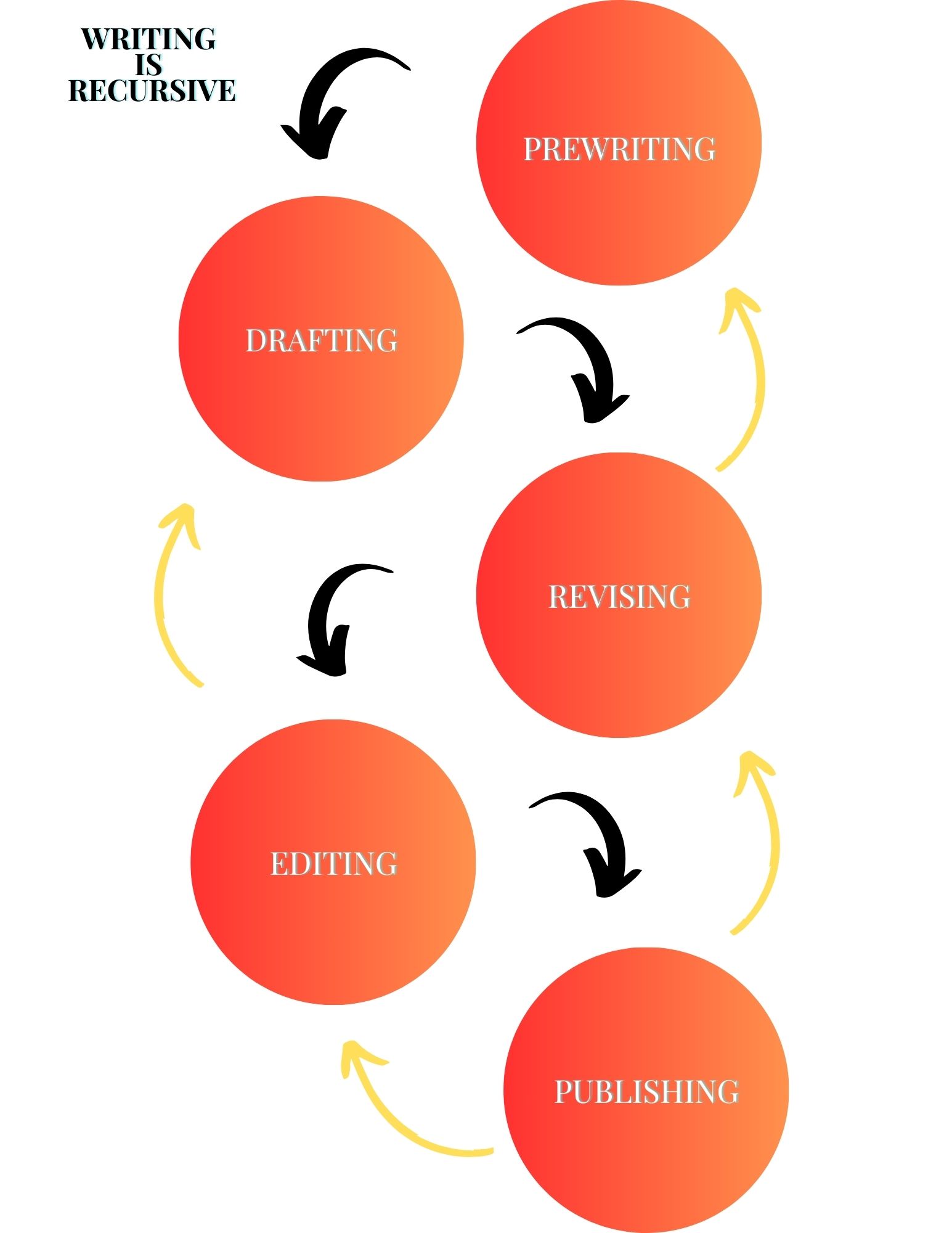Through the power of dark magic and malevolence, warlocks seek to do harm and/or destroy the world—at least according to the movies. They also appear in various media and in varied forms, from sexy preppies at vampire schools, to horrible Euro-centrists of menacing power.
In literature and folklore, the warlock is a witch counterpoint for the male gender. Likewise, they are cunning, crafty, and pure evil. Of course these are only stories.
Today on the blog, we are going to analyze The Haunted Palace (1963) and its relationship to the fictitious inspirations that include Edgar Allan Poe’s The Raven and H.P. Lovecraft’s The Case of Charles Dexter Ward
Summary of the film
The warlock in The Haunted Palace goes by the name of Joseph Curwen (Vincent Price), who, when confronted by a mob of unhappy village-goers, curses the entirety of the lively throng.
“As surely as the village of Arkham has risen up against me, so shall I rise from the dead against the village of Arkham,” Curwen tells the unhappy group of vigilantes. “Each one of you! … all of you and your children and your children’s children shall have just cause to regret the actions of this night. For from this night onward, you shall bear my curse.”
Vincent Price, practically a Gothic horror fixture, like some kind of cobwebbed candelabra, plays both the warlock Curwen and Charles Dexter Ward, an amiable counter to the warlock.
Meanwhile, Debra Paget plays his dutiful wife who is disturbed at Price’s change from a caring husband to somebody with a vile attitude of vengeance.
Roger Corman, king of shlock, presents a Gothic-fueled amalgamation of horror tropes throughout the film, including Lon Chaney Jr., phony-looking frogs, foggy streets, webbed hands, and curses from Vincent Price warlocks.
And curse he does. Through his magic, the people of Arkham become abominations of a sort (some of them truly turn into monsters), and they wait for their time to, again, punish Joseph Curwen. Although, that will truly take years and years to actuate. As the tagline tells us, revenge does not happen overnight: “A warlock’s home is his castle…Forever!”
Still, we should all know not to play games with magic, but warlocks don’t understand this lesson. It is revealed to the villagers (perhaps through inference) that Curwen has been mating the women of Arkham with terrifying monsters of olde, creating some kind of super race of human-hybrids.
In the end, his Gothic castle on the hill is burned to the ground and he is brought to justice…or is he? With a glint in Vincent Price’s eye, the audience is left unsure.
Relation to “The Haunted Palace” poem
The Haunted Palace (1963) is based on an Edgar Allan Poe poem that was published in 1863. The poem tells the tale of a beautiful palace that is gorgeous and admired.
In stanza one, Poe writes:
“In the greenest of our valleys
By good angels tenanted,
Once a fair and stately palace—
Radiant palace—reared its head.
In the monarch Thought’s dominion,
It stood there!
Never seraph spread a pinion
Over fabric half so fair!”
The palace is a comely locale, and revered for is radiance and angelic presence. However, this all comes to an end.Stanza five describes an image of desolation after a fall from grace.
Poe writes:
“But evil things, in robes of sorrow,
Assailed the monarch’s high estate;
(Ah, let us mourn!—for never morrow
Shall dawn upon him, desolate!)
And round about his home the glory
That blushed and bloomed
Is but a dim-remembered story
Of the old time entombed.”
The Haunted Palace film captures this idea in a microcosm. As Poe narrates a palace of unforeseen beauty, it seems much larger in verse. In the film, it is really just Vincent Price, Debra Paget, and Lon Chaney ambling around a Gothic set. But the turn from kindly man to psychopath is there and yet the palace is always evil.
Relation to Lovecraft’s short story
The film also injects some Lovecrafian ideas into the mix through the author’s own story, The Case of Charles Dexter Ward.
Lovecraft’s short story tells the tale of the titular Charles Ward as he is apparently taken over by the ancient wizard/warlock Curwen for digging too deep into the black magic that sent the warlock to his grave.
Much like the film, the warlock is eventually defeated by a horrible monster and everybody involved is better for it in the end.
Meanwhile, creature that appears at the end of the film is a Cthulhu stand-in as it is supposed to be an immense monster of extraordinary power (similar to the short story which features mutated creatures).
Nevertheless, the tragedy of madness is far more apparent in this film than say a Lovecraft text, as the characters battle one maniacal maniac in a Corman-style visual extravaganza. Lovecraft uses the tradition of Gothic pacing to illuminate the creeping horror of the warlock’s misdeeds.
Analysis
Thus, The Haunted Palace is a combination of two related authors, if only through their specific disciplines. Poe, who was a progenitor of Gothic horror, and Lovecraft, who was the progenitor of weird fiction. The combination of the two influences is sublime when linked together on screen.
Plotting in The Haunted Palace is two-fold. It is the story of ancient horror and monsters from the dark infecting the population; yet, it is also the story of revenge, and how no crime can be left unpunished even in death.
Moreover, Lovecraftian horror certainly had a resurgence in recent decades with a large section of the population either becoming familiar with the projections of horror writer H.P. Lovecraft or finally realizing his influence on our culture and media.
For instance, Mandy (2018) has a great sort of cosmic horror influence that infiltrates the film at its very edges. No, monsters don’t explode from the darkness terrifying the characters on screen, but the slow nature of the film speaks to a weird-fiction tradition, and the violence of it emerges supreme. We don’t ever see a monster (biker cenobite maybe), but we can feel the malevolence of something weird going on behind the scenes. Even though the monsters are very much twisted, albeit human.
Certainly, there are a host of other modern-ish films that have made strides in wearing Lovecraft on their sleeves: Event Horizon (1997), In the Mouth of Madness (1994), The Cabin in the Woods (2011), and so forth.
Other films, meanwhile, directly take Lovecraft’s ideas and try to make it their own, such as The Color out of Space (2019), Dagon (2001), and From Beyond (189). All of which walk the line of interpretation of the author’s work for film.
Conclusion
The Haunted Palace is a lovingly-crafted film. One that features a lot of attention to detail. The streets at night appear dangerous, the civilians are mutated, and the villain is both evil and menacing, with an Igor-level assistant as well.
Even the crescendo of the film, when the villagers once again storm the castle to destroy the evil within, a great fire is enjoined and the castle burns to the ground with a hero seemingly still inhabited by the evil that has pervaded the world of Arkham.
It lives exceptionally in the tradition of Poe and Lovecraft.
With that said:
What are your favorite films inspired directly or indirectly by an author? Please share them in the comments, because I would love to hear your choices and recommendations!







